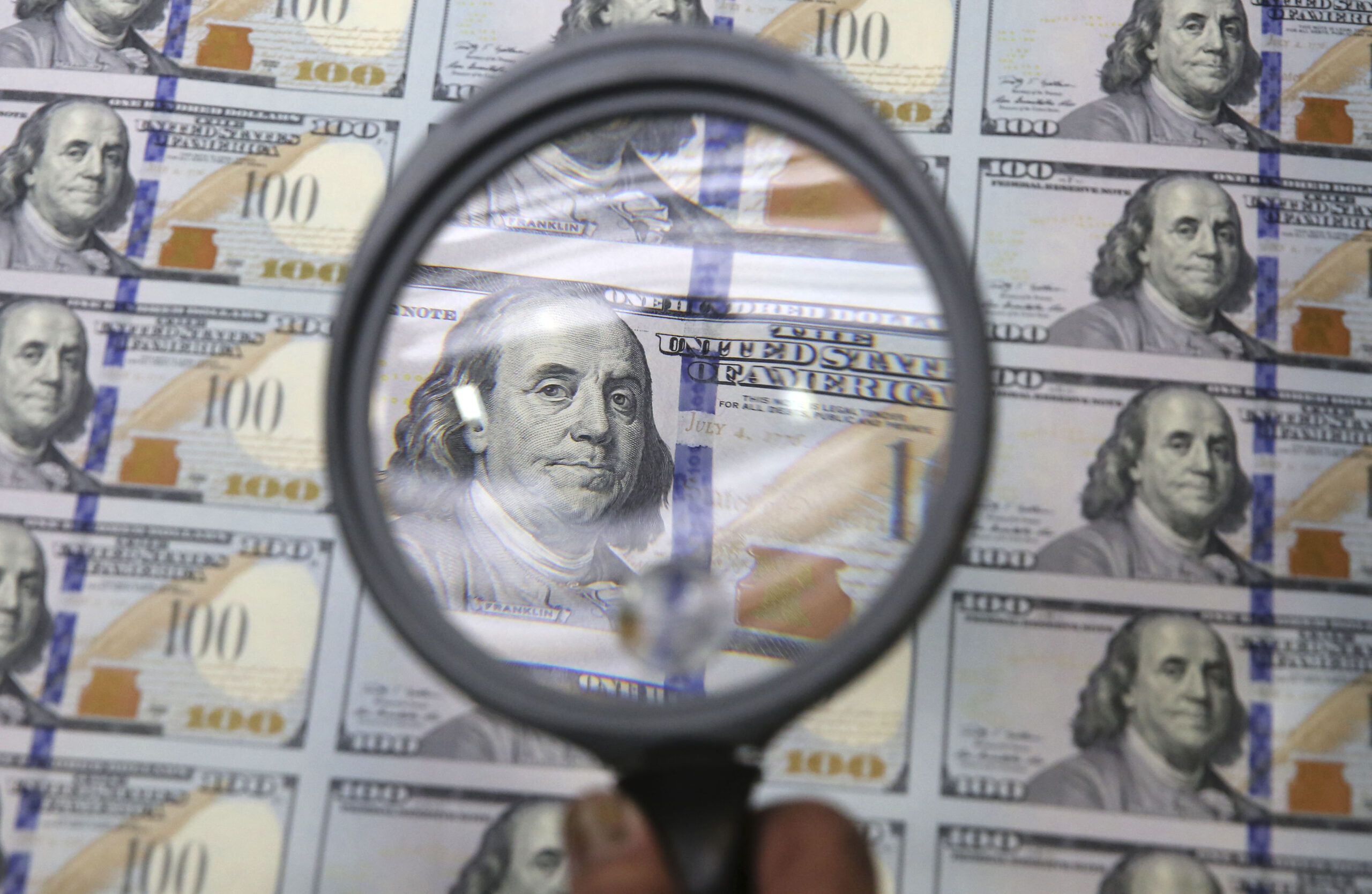Daniel Kahneman, a psychologist who won a Nobel Prize in economics for his insights into how ingrained neurological biases influence decision making, died Wednesday at the age of 90.
Kahneman and his longtime collaborator Amos Tversky reshaped the field of economics, which prior to their work mostly assumed that people were “rational actors” capable of clearly evaluating choices such as which car to buy or which job to take. The pair’s research — which Kahneman described for lay audiences in his best-selling 2011 book “Thinking, Fast and Slow” — focused on how much decision-making is shaped by subterranean quirks and mental shortcuts that can distort our thoughts in irrational yet predictable ways.
Take, for instance, false confidence in predictions. In an excerpt from his book, Kahneman described a “leaderless group” challenge used by the Israeli army’s Psychology Branch to assess future leadership potential. Eight candidates, all unknowns to one another, had to cross a six-foot wall together using only a long log — without touching the wall or the ground with the log, or touching the wall themselves.
Observers of the test — including Kahneman himself, who was born in Tel Aviv and did his Israeli national service in the 1950s — confidently identified leaders-in-the-making from these challenges, only to learn later that their assessments bore little relation to how the same soldiers performed at officer training school.
The kicker: This fact didn’t dent the group’s confidence in its own judgments, which seemed intuitively obvious — and yet also continued to fail at predicting leadership potential.
“It was the first cognitive illusion I discovered,” Kahneman later wrote. He coined the phrase “ the illusion of validity ” to describe the phenomenon.
















